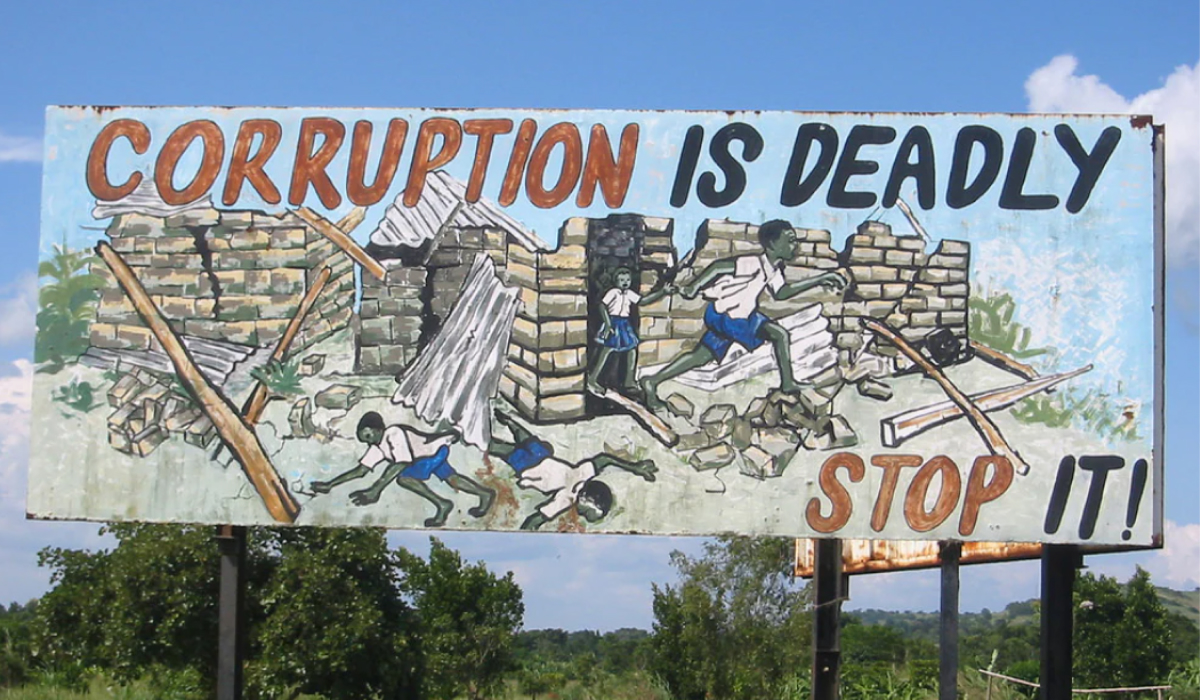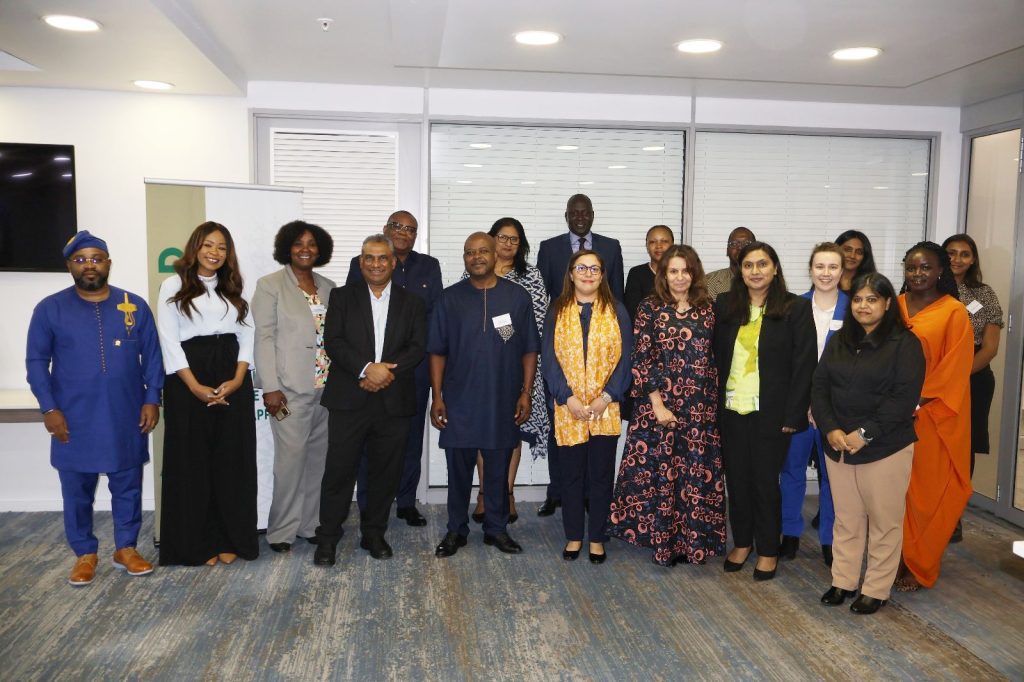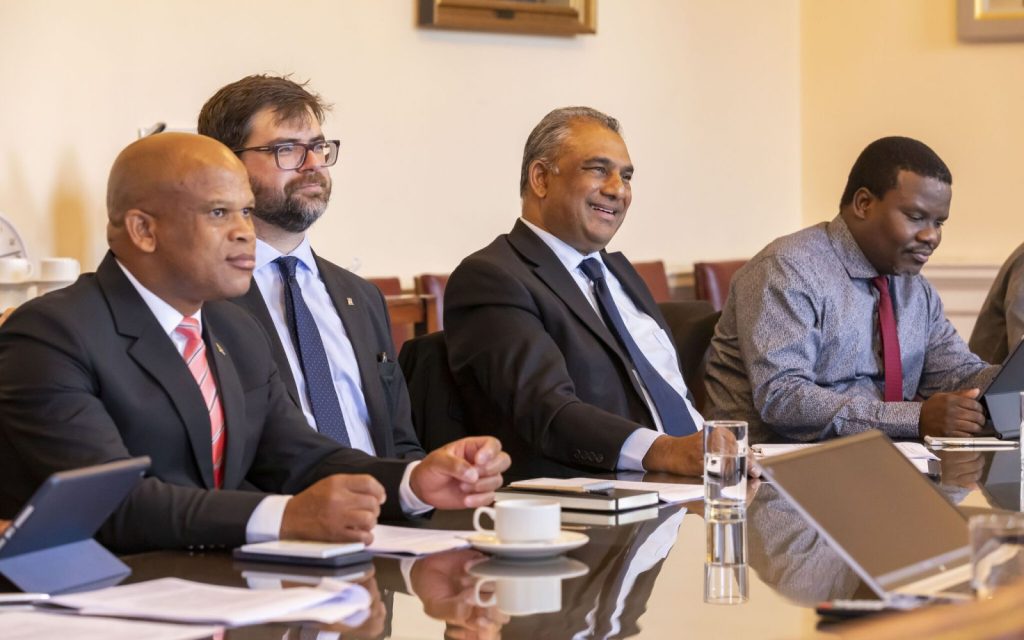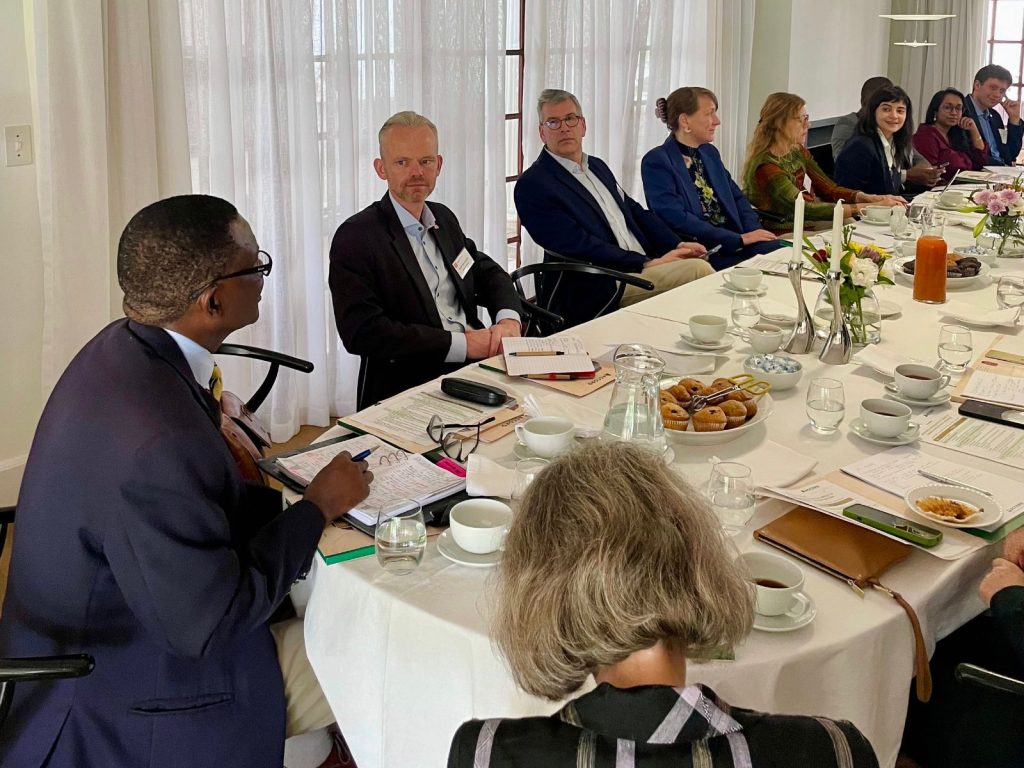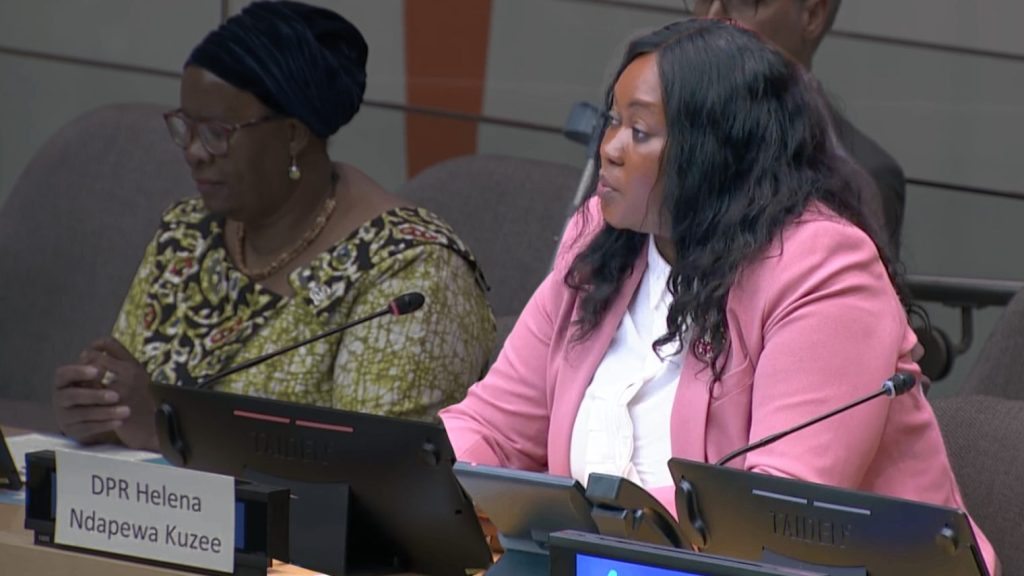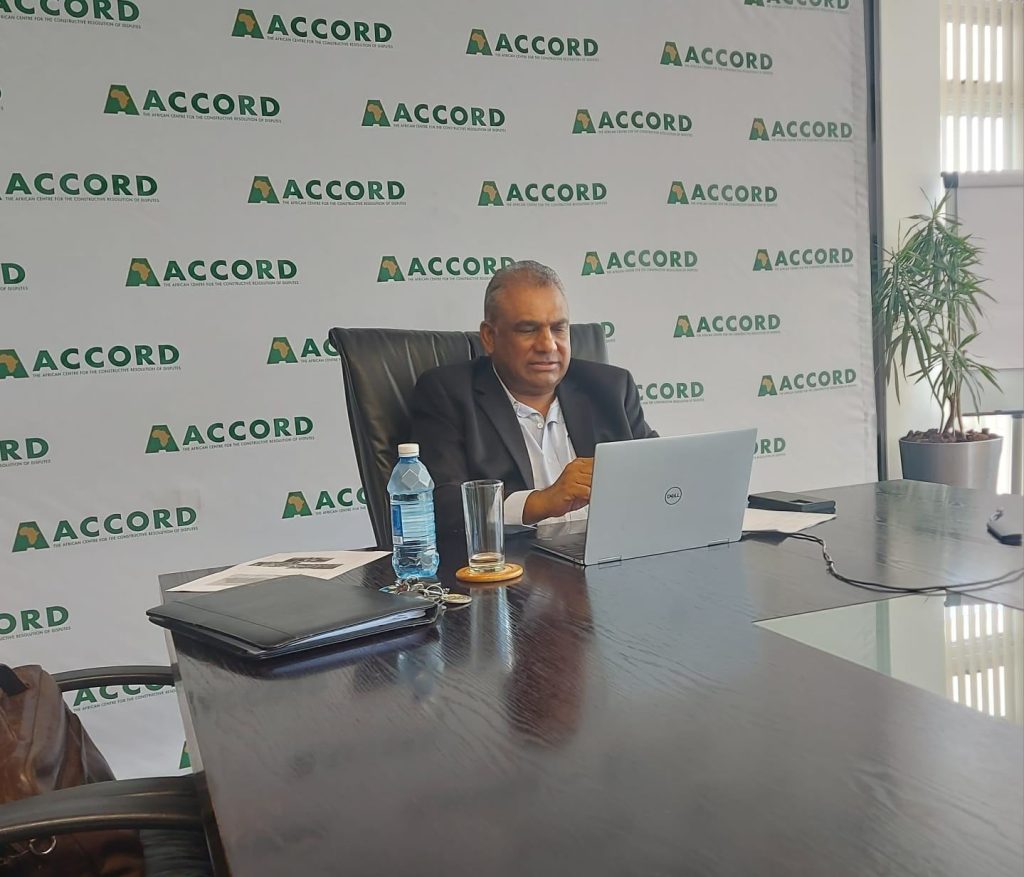ACCORD, in partnership with the African Peacebuilding Network of the Social Science Research Council, hosted a Policy Dialogue on 23 June 2022 to examine the trends in democratic decline and political instability. The discussion brought together scholars, civil society actors, activists, and policymakers to explore options for strengthening national and regional political institutions, democratic norms, culture, practices, as well as the rule of law in Africa. In total, the webinar was well attended with a total of 118 registered participants.
The webinar was facilitated by Dr Cyril Obi, Program Director for the African Peacebuilding Network (APN) and the Next Generation Social Sciences in Africa program. Prof. Eddy Maloka, the Chief Executive Officer of the African Peer Review Mechanism (APRM) delivered the keynote address which emphasized the need to acknowledge the progress made in terms of shared values around governance. Prof. Maloka introduced a framework within which to analyse governance, which he termed a ‘3D approach around governance in Africa’, in an effort to counter traditional analyses of governance in Africa which may only focus on one or two dimensions which do not present a holistic description of governance in Africa. This provided the background to unpack the existing governance challenges and opportunities on the continent. In closing Prof. Maloka explained that he “does not hold the view that we are regressing on the governance front, what is happening is that we are at the crossroads” and called for practical action based on Africa’s shared values and institutional instruments.
Mrs Pravina-Makan Lakha, ACCORD Senior Advisor on Women, Peace and Security (WPS) discussed the impact of the current state of governance on women’s rights and the WPS agenda. Three fellows represented the African Peacebuilding Network –Dr Simbarashe Gukurume, Mr Ibrahim Bangura and Ms Titilope Ajayi. Dr Gukurume analysed the topic of governance in Africa through a case study on authoritarianism and democratic decline in Zimbabwe in what he termed as a ‘post- Mugabe’ administration. Mr Ibrahim approached the topic by explaining the impact of the crisis of governance on youth and women in Africa explaining that gender inequality and youth marginalization has become more pronounced. Finally, Ms Titilope Ajayi further contributed to the discussion on gender inequality and WPS as major governance challenges in Africa and explained that “we cannot expect to have meaningful governance or anything resembling stability as long as our structures and policies do not represent or respond to the multiple layers of identity in our countries and our societies.”
An engaging discussion was facilitated by Dr Obi between the speakers and attendees and this dialogue will be captured in an ACCORD Policy and Practice Brief to be authored by Dr Obi, Dr Gukurume, Mr Bangura and Ms Ajayi.

